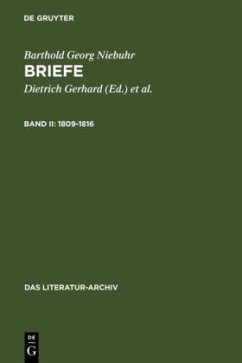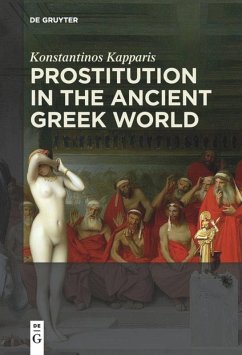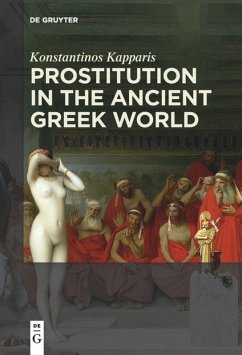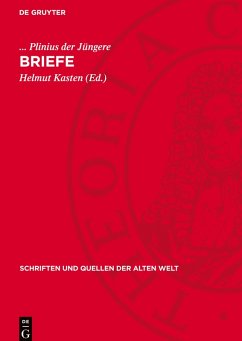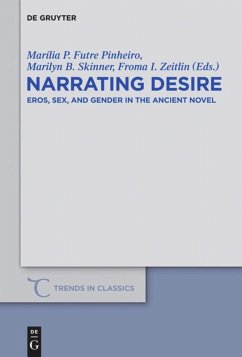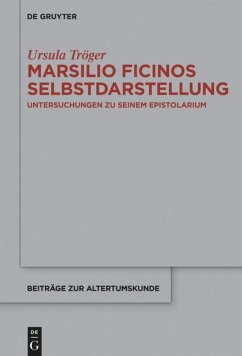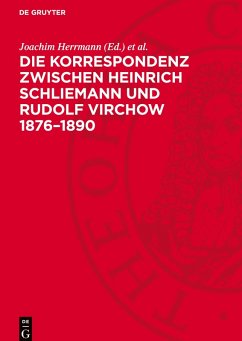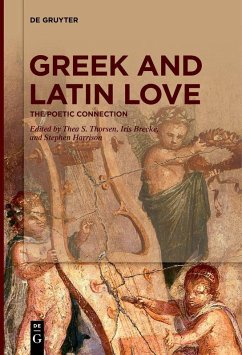Nicht lieferbar
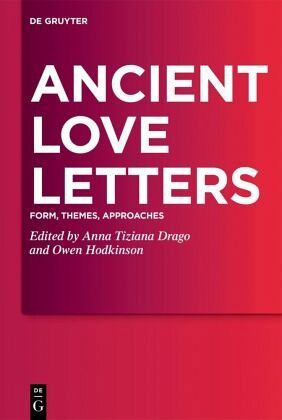
Ancient Love Letters
Form, Themes, Approaches
Herausgegeben: Drago, Anna Tiziana; Hodkinson, Owen
Versandkostenfrei!
Nicht lieferbar
This volume investigates the form of love letters and erotic letters in Greek and Latin up to the 7th Century CE, encompassing both literary and documentary letters (the latter inscribed and on papyrus), and prose and poetry. The potential for, and utility of treating this large and diverse corpus as a 'genre' is examined. To this end, approaches from ancient literary criticism and modern theory of genre are made; mutual influences between the documentary and the literary form are sought; and origins in proto-epistolary poetic texts are examined. In order to examine the boundaries of a form, l...
This volume investigates the form of love letters and erotic letters in Greek and Latin up to the 7th Century CE, encompassing both literary and documentary letters (the latter inscribed and on papyrus), and prose and poetry. The potential for, and utility of treating this large and diverse corpus as a 'genre' is examined. To this end, approaches from ancient literary criticism and modern theory of genre are made; mutual influences between the documentary and the literary form are sought; and origins in proto-epistolary poetic texts are examined. In order to examine the boundaries of a form, limit cases, which might have less claim to the label 'love letter', are compared with more clear-cut examples. A series of case studies focuses on individual letters and letter-collections. Some case studies situate their subjects within the history and literary evolution of the love letter, using both intertextuality and comparative approaches; others placing them in their cultural and historical contexts, particularly uncovering the contribution of epistolarity to erotic discourse, and to the history of sexuality and gender in diverse eras and locations within Classical to Late Antiquity.




